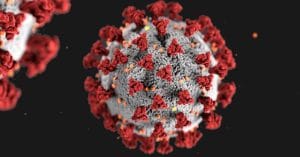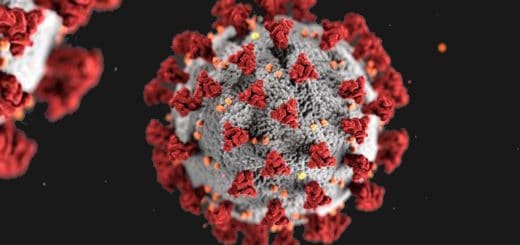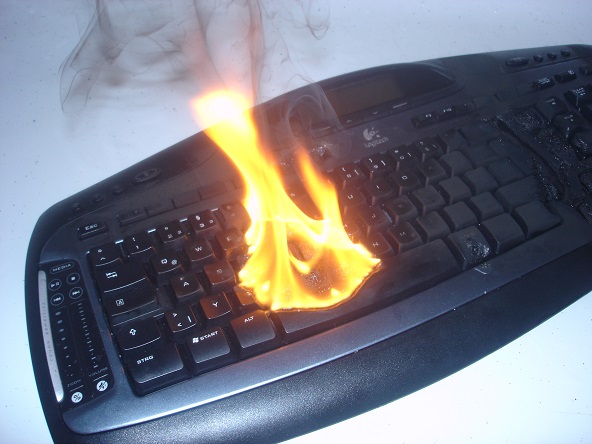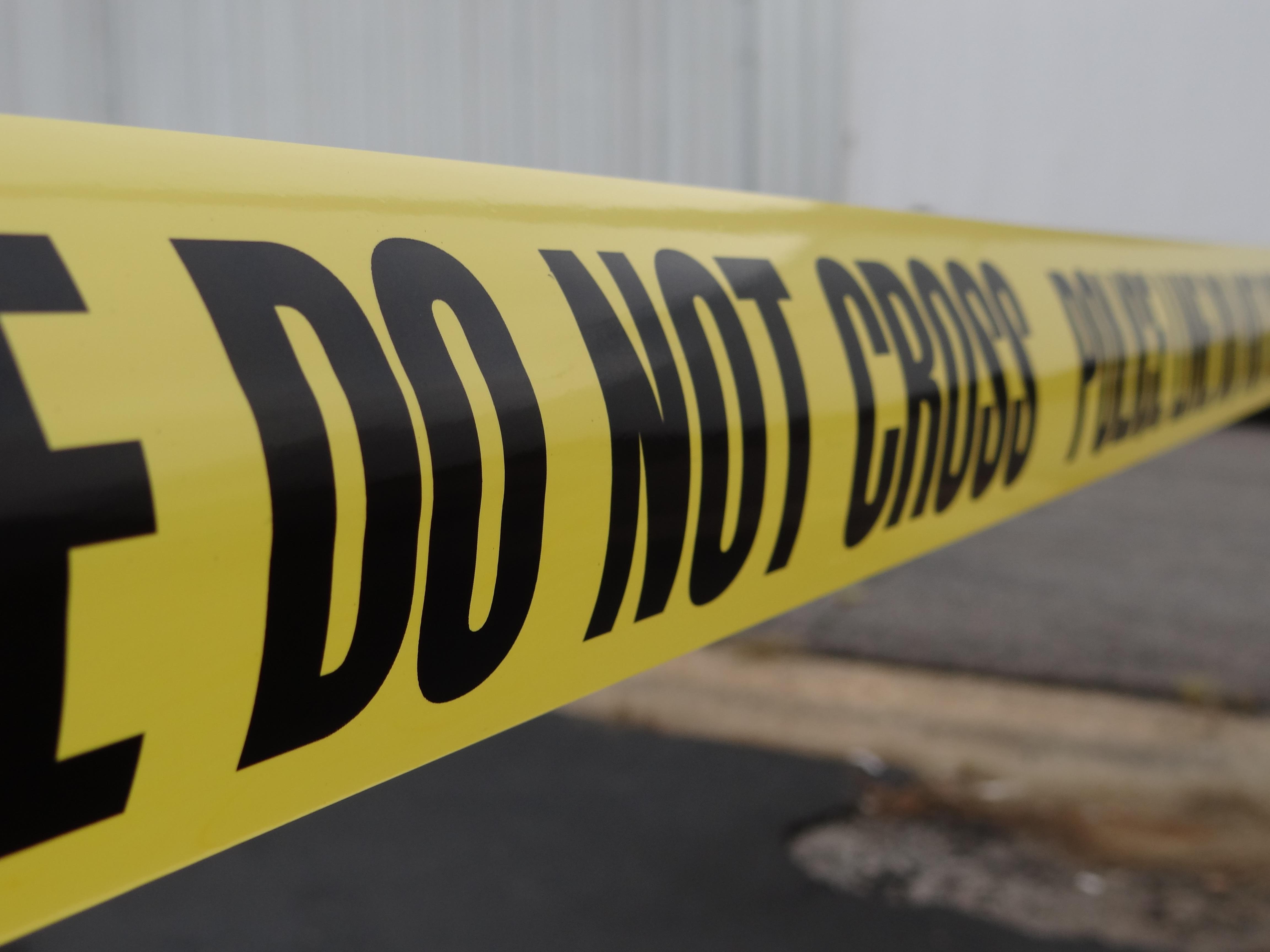How are Hotels and Churches Cleaning for COVID-19?
The coronavirus era has upturned society, business and the economy. Hotels and churches are among the countless businesses and organizations that continue to be affected. Here’s how they are managing the Covid-19 pandemic and promoting the health and safety of their guests and members.
A highly contagious disease, Covid-19 can spread rapidly from person to person and from contact with contaminated surfaces. A cough, sneeze, laugh or speech from a sick person can send infectious respiratory particles into a nearby person’s respiratory system and leadLead is a heavy metal that can be toxic to humans, especiall... More to severe or mild illness.
Surfaces, like wood, plastic, glass and stainless steel, harbor the coronavirus for a few hours to several days. Touching these contaminated surfaces and then touching one’s eyes, mouth or nose can transmit the virus into one’s respiratory system and cause Covid-19.
Due to the highly transmittable nature of the coronavirus, cleaning and disinfecting public spaces are critical. Proper cleaning and disinfecting require that an effective plan be developed, implemented, maintained and revised as soon as new information about the coronavirus becomes available.
Hotels: Cleaning Procedures for the Coronavirus Era
Covid-19 has left hotel rooms nearly empty as frequent travel has come to a standstill. Hotels that continue to serve a scant number of guests abide by strict policies for room service, sanitation, laundry service and food delivery to protect the health of guests and employees.
Regular cleaning and disinfecting are mandatory on hotel premises. Cleaning with soap and water removes visible dirt and grime from surfaces, but will not kill virusesViruses are microscopic infectious agents that can only repr... More or germs. Disinfecting, however, kills a range of virusesViruses are microscopic infectious agents that can only repr... More. Both are necessary to protect hotel guests and staff from Covid-19.
Prior to beginning any cleaning and disinfection regimen in the hotels, cleaning personnel wear personal protective equipment (PPE)Personal protection equipment (PPE) is safety gear such as g... More, like disposable gloves and work aprons. The coronavirus can contaminate the gloves just as it would any other surface; so careful disposal is necessary.
Hotel rooms that have remained unoccupied for seven days or more require only normal, routine cleaningRoutine cleaning is the regular cleaning performed to mainta... More. The reason is that the coronavirus has not been shown to survive longer than this time period. Similarly, ventilationVentilation is the process of exchanging or circulating air ... More systems in vacant areas require only routine maintenanceMaintenance is the routine care, inspection, and repair of a... More.
In hotels that are gradually reopening, all high-touch surfaces are cleaned and disinfected numerous times daily. Frequently touched objects in common areas include hotel desks, countertops, doorknobs, handles, elevator buttons, phones and keyboards. ATM machines are also cleaned and disinfected often.
Soft, porousPorous describes a material that contains small openings or ... More materials are more difficult to disinfect than hard surfaces. Curtains, carpeting and bed linens are cleaned and disinfected according to the manufacturer’s instructions. If items cannot be laundered, EPA-approved products that are suitable for porousPorous describes a material that contains small openings or ... More surfaces are used.
Long-term adjustments that hotels continue to make include reducing the use of porousPorous describes a material that contains small openings or ... More materials in seating, leaving some doors open to lessen people handling them, keeping windows open to improve ventilationVentilation is the process of exchanging or circulating air ... More and removing common area objects, like coffee creamer containers.
Hotels place highly visible signs throughout the areas to instruct guests to perform proper hand hygiene, respiratory etiquette and social distancing. All entry points in hotels have alcohol-based sanitizer. No-touch trash receptacles are also an addition to hotels to help minimize the spread of Covid-19.
Churches: Cleaning Protocols for the Coronavirus Era
Churches, as they phase into reopening their doors, follow cleaning policies and procedures similar to hotels in order to limit Covid-19 infections. As in all public places, social distancing and regular hand washing with soap and water are strongly advised.
As in hotels, places of worship feature signage in restrooms and entrances that promote hand hygiene. Wastebaskets are placed throughout the churches. Hand sanitizer is available in areas where people commonly gather. Sick church members are advised to stay home.
Disposable wipes that contain 70 percent alcohol help prevent the spread of Covid-19 by effectively killing the virus. Churches now make disposable wipes available to members. Cleaning and disinfecting materials may be used to wipe down surfaces, like doorknobs and counters, before use.
Seats in churches are regularly disinfected, especially between services. In fact, any items that come into contact with members are cleaned and disinfected promptly. To promote social distancing, alternate rows between attendees are left empty, or six feet of separation is kept between parties.
In the era of Covid-19, churches have begun to mandate the wearing of face masks or cloth face coverings for volunteers, employees and attendees. Other health safety practices include the implementation of cough etiquette, cleanliness, hand hygiene and rigorous sanitation.
As new information from the Centers for Disease Control (CDC) emerges regarding the coronavirus, cleaning and disinfection plans in hotels and churches will need to be revised. Plans should be updated as the latest guidance becomes available or in accordance with current circumstances.
In combination with cleaning and disinfecting regimens and safe behavioral practices, hotels and churches can continue to reopen safely and protect the health of their guests and attendees. Health safety is dependent upon the joint efforts of staff and the public.
Cleaning personnel in some hotels and churches may be overwhelmed by the new, rigorous cleaning protocols established to help limit the spread of Covid-19. If your business establishment needs professional help with cleaning and disinfecting, do not hesitate to contact a trusted professional.
A professional cleaning and disinfection company can provide deep cleaning and disinfecting services for all businesses and commercial buildings. Choose a one-time cleaning or schedule regular cleanings with trained and experienced crews.
These specialists utilize advanced cleaning techniques (like the hot water extraction cleaning method and tile and grout cleaning) and high-tech equipment to give your office space or commercial facility a new shine. Their deep cleaning procedures dig well beyond the surface to eliminate embedded dirt and virusesViruses are microscopic infectious agents that can only repr... More.












